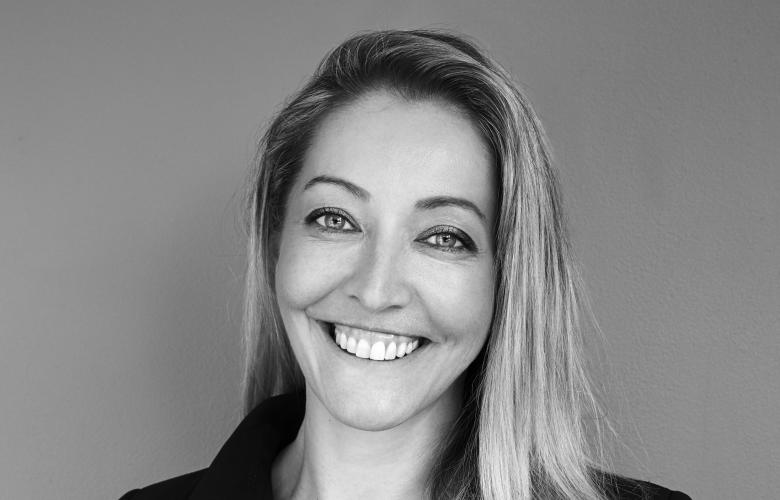The rise of coworking career opportunities
Contact
The rise of coworking career opportunities
Sharon Bennie of Specialist Property Recruitment identifies co-working spaces as an emerging growth area in commercial real estate.
One of the largest spikes we’ve seen is in the co-working space. It has been reported that the projected boom of the flexible workspace industry, which includes coworking and serviced offices, is forecast to increase Australia’s economic output by $122 billion by 2030.
Damien Sheehan, Australian head of IWG, which is Regus’s parent company stated: “We believe that 2.5 to 3.5 per cent of total available commercial workspace is taken up in flexible coworking, or serviced offices and if you think about that by 2030, there’ll be 12 per cent.”
IWG was opening about six to eight centres globally every week in 2018.
One only needs to see what the dominant players are doing to realise the impact of coworking offices. Companies like WeWork, the US giant has announced they are capital raising and are expected to be the second-biggest initial public offering of the year, targeting AUS$5 billion.
The AFR reported just last week that WeWork has secured their largest tenancy deal to date in Australia, taking 11,000sqm on Pitt Street in Sydney’s CBD and now stand at 15 sites across Sydney, Melbourne and Brisbane, with plans for its first opening in Perth later this year.
Co-working operator The Commons opened its fourth office last week, CompassOffices are due to open their seventh office and Hub Australia has recently opened its sixth location with a seventh about to follow.
The SMH in June reported that the number of coworking or flexible office spaces had risen from about 78 sites six years ago to more than 400 in Australia's two main capital cities.
And it’s not just the sole operators and incubators. The New Yorker highlighted that large corporate enterprises such as Adidas, Amex, IBM, Facebook, GSK, and Microsoft have come to rely on
flexible office space.
If you’re interested in being a part of this exciting wave of growth and moving to a BDM or Leasing position with a global coworking business, we have roles available in both Melbourne and Sydney.
Similar to this:
Companies continue migration to Melbourne’s fringe suburbs, Gray Johnson says





